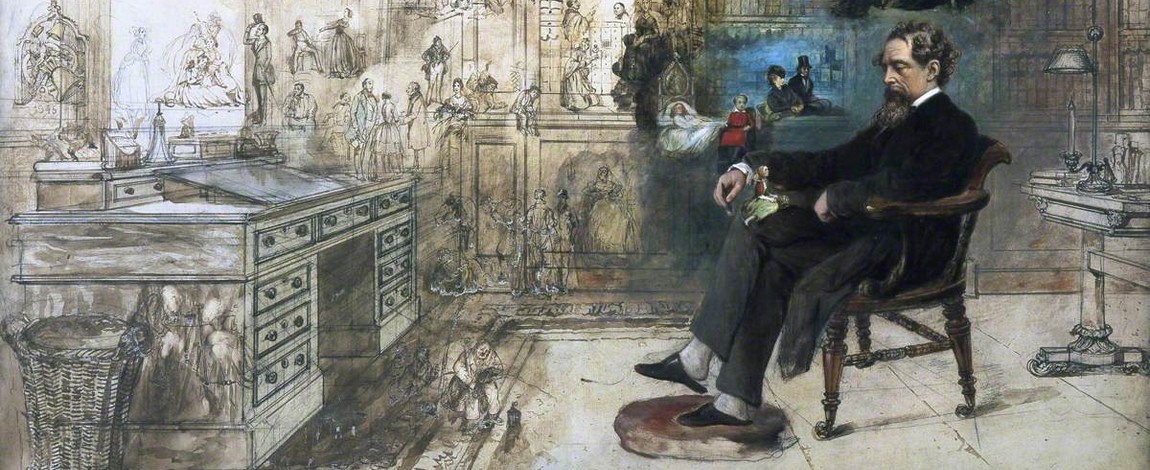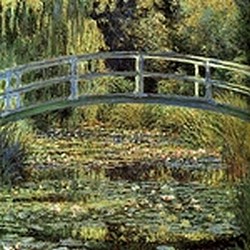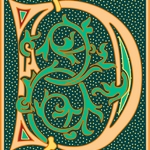
Dream interpretation is an ancient practice; dreams often puzzle us, and all cultures have sought to give them a meaning. They have often been interpreted as messages from the gods: now that Christmas is coming, let's remember that God told Joseph in a dream that the family had to leave to avoid the madness of Herod. However, the messages are rarely so clear and so direct, and the gods rather communicate in a cryptic and symbolic language that only people who are used to them, the soothsayers, can decipher. Dreams can also be considered predictions of the future and, again, soothsayers are essential as interpreters.
In addition to this line linked to the supernatural, there has always been a more rational line that understands that dreams are related to people's conflicts, and that there is no divine intervention. One of the first people to reflect on it was probably Hippocrates, but the best known person is Sigmund Freud, from the publication in 1899 of the book Die Traumdeutung [The interpretation of Dreams]. To simplify, Freud argued that dreams are an attempt by the unconscious to resolve a conflict. However, as we are not free from self-censorship even while we sleep, the unconscious is expressed in a disorderly and enigmatic manner. In his work, Freud took a scientific approach to the interpretation of dreams, seeking patterns that would help solve conflicts and heal the patient.
Between Hippocrates and Freud, there have been other people interested in this idea of healing from dreams, particularly during Romanticism; we know already that romantics were truly interested in everything related to self-knowledge and the kingdom of the night. It is therefore not surprising that we find Dichterliebe to be a happy and successful case study.
In our review of Schumann's cycle, we arrived at the twelfth song, Am leuchtenden Sommermorgen. The flowers that had listened quietly to the poet until that moment finally dared to tell him that he must turn over a new leaf.
We arrive this week, therefore, at Ich hab' im Traum geweinet [I wept in my dream], the second song in which the poet talks about his dreams. Fhe first is Ich grolle nicht, where he admits he dreamt she had a dark side. Now, he tells us that he has dreamt three times. Have you ever had a nightmare that wakes you up and when you fall asleep again, you have a similar nightmare? It seems something similar. First, he dreams she's dead. Then, that she left him. Finally, that she still loves him. Each dream has a stanza of the poem, and all three stanzas have the same structure: the first verse says that he wept in his dream; the second, what it dreamt; and the third and fourth, that when it woke up, it was still weeping.
To say "I dreamt", Heine uses one of the usual form in German, "mir träumte". Another common form is "ich träumte", the one we hear in another well-known Lied, Frühlingsträume from Winterreise, where Wilhelm Müller says: "Ich träumte von bunten Blumen..." What is the difference between the two expressions? Maybe the German natives use them interchangeably, but those of us who learn the language are too aware of the declensions to not pay attention to this “mir”. We think of a passive agent of the dreaming, while “ich” makes us think of an active agent. We're talking about dreams, that is, about our unconscious, but I would say that there is a nuance. To give another example of a similar structure: to say in German that we are cold we say “mir ist kalt”; cold is a circumstance alien to us that conditions and affects our well-being.
I leave aside the grammatical digression and return to the poem and the song, which is surely the most stark of the entire cycle, as if the image of the tomb in the first stanza would define the atmosphere of the song. So stark, that in the first two stanzas the voice and the piano don't meet each other, they go separately. The voice moves in a very narrow margin, with many repeated notes, and the piano acts as a kind of echo that confirms the words. After a short interlude, in the third stanza we hear the voice and the piano together, and it is the most desperate stanza: the poet has dreamt that she still loves him and when he wakes up, he cannot stop crying.
It appears that these tears will do him well; we will see it in the next song, maybe next week. For the moment, we are listening to Ich hab’ im Traum geweinet performed by Olaf Bär and Geoffrey Parsons.
Ich hab’ im Traum geweinet,
Mir träumte, du lägest im Grab.
Ich wachte auf, und die Träne
Floss noch von der Wange herab.
Ich hab’ im Traum geweinet,
Mir träumt’, du verliessest mich.
Ich wachte auf, und ich weinte
Noch lange bitterlich.
Ich hab’ im Traum geweinet,
Mir träumte, du wär’st mir noch gut.
Ich wachte auf, und noch immer
Strömt meine Tränenflut.
















